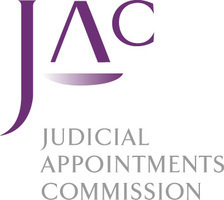 |
| David Allen - English Democrats |
Today is voting day in the South Yorkshire Police Commissioner by-election - which is an election using the Second Preference voting system.
Our English Democrats' candidate David Allen is head and shoulders above
the other candidates in this election as was shown in the BBC Radio Sheffield
debate broadcast yesterday. To listen to this please click here >>> http://www.bbc.co.uk/programmes/p028ltd5
The debate begins at 02:02:40
Anyone who doesn't vote is wasting this opportunity to make a difference!
Should we also frankly say that anyone who doesn't vote is an Idiot who is handing the election to
those very people who have betrayed the trust placed in them?
As Wikipedia (http://en.wikipedia.org/wiki/Idiot) says
An idiot in Athenian democracy was someone who was characterized by
self-centeredness and concerned almost exclusively with private—as
opposed to public—affairs. Idiocy was the natural state of
ignorance into which all persons were born and its opposite, citizenship, was
effected through formalized education. In Athenian democracy, idiots were
born and citizens were made through education (although
citizenship was also largely hereditary). "Idiot" originally referred to
"layman, person lacking professional skill", "person so mentally deficient as to
be incapable of ordinary reasoning". Declining to take part in public life, such
as democratic government of the polis (city state), was considered dishonorable.
"Idiots" were seen as having bad judgment in public and political matters. Over
time, the term "idiot" shifted away from its original connotation of selfishness
and came to refer to individuals with overall bad judgment–individuals who are
"stupid".











